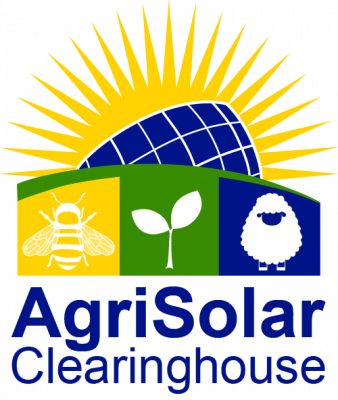An explanation of how net metering works.
Written by the Solar America Board for Codes and Standards, this document reviews solar access laws in the United States.
The Nature Conservancy and Defenders of Wildlife created the Long Island Solar Roadmap (the Roadmap) with the aim of advancing deployment of mid- to-large-scale solar power on Long Island in a way that minimizes environmental impacts, maximizes benefits to the region, and expands access to solar energy, including access to benefits by underserved communities.
This toolkit is intended for state and municipal lawmakers, farmers, and researchers hoping to improve or better understand their community’s farmland solar policies. It identifies key areas of state law affecting how much and what kind of solar development occurs on farmland, as well as farmers’ access to clean energy.
This toolkit is intended for state and municipal lawmakers, farmers, and researchers hoping to improve or better understand their community’s farmland solar policies. It identifies key areas of state law affecting how much and what kind of solar development occurs on farmland, as well as farmers’ access to clean energy.
This American Solar Grazing Association Beekeeping Agreement Template is a template for a contract between a solar site operator and a beekeeper for the establishment and maintenance of a solar site apiary. The arrangements outlined in this template may provide a number of benefits to both solar-site operators and beekeepers.
This agreement template example, from the American Solar Grazing Association, Inc., is an example of a limited vegetation maintenance agreement between a solar site manager and a sheep farmer. The example includes terms of the agreement between parties and details regarding obligations under various circumstances for the duration of the contract.
This agreement template example, from the American Solar Grazing Association, Inc., is an example of a comprehensive vegetation maintenance agreement between a solar site manager and a sheep farmer. The example includes instructions for using a contract template, terms of the agreement between parties and details regarding obligations under various circumstances for the duration of the contract.
This thesis lays the groundwork for the broader realization of agrivoltaics by identifying the socio-political opportunities and barriers to development. Combining theoretical frameworks on technology diffusion and social acceptance of renewable energy with expert perspectives, this work seeks to understand, address, and accommodate the role of society and policy in combining solar energy and food systems. Three empirical studies are presented that first investigate the impediments to farmer adoption of the technology, then explore the challenges to development from the perspective of solar industry professionals, and conclude by outlining a comprehensive legal framework for agrivoltaics in the U.S. The findings identify the key socio-political opportunities for agrivoltaics include: the retention of agricultural land and rural interests, and increased local level acceptance of solar development. The key barriers include: ensuring long term agricultural productivity is not compromised, and subnational localized zoning strategies.
